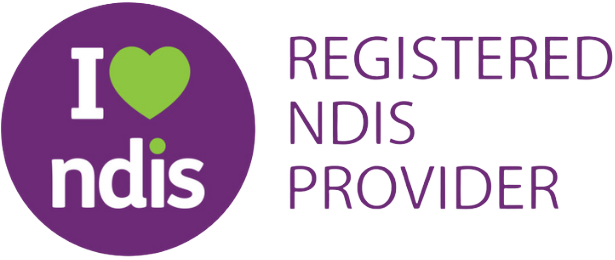Accessing personal care support through the National Disability Insurance Scheme (NDIS) can be life-changing. It allows individuals living with disabilities to maintain their independence, health, and dignity by getting help with everyday tasks like showering, dressing, grooming, and eating. But if you’re new to the NDIS, understanding how to access this funding can feel overwhelming.
Understanding What Personal Care Services Are
Personal care services are designed to help people with a disability manage daily tasks they may not be able to complete independently. These tasks include:
- Bathing and showering
- Dressing and grooming
- Using the toilet
- Eating and drinking
- Assistance with medication
- Transferring from bed to chair or mobility equipment
Trained support workers typically deliver these supports and may take place in your home or out in the community, depending on your needs.
Does the NDIS cover Personal Care Services?
Yes, personal care is one of the core supports covered by the NDIS. It falls under the “Assistance with Daily Living” category, which is included in most participants’ plans. The NDIS recognises that these supports are essential for people to live independently and safely.
However, personal care services will only be funded if they meet the NDIS criteria. This means they must be:
- Directly related to your disability
- Reasonable and necessary
- Not more appropriately funded by another service, such as healthcare or housing programs
For example, if a participant needs assistance with showering due to a physical disability, this would likely be considered reasonable and necessary. But if someone needs care due to a short-term illness or a medical procedure unrelated to their disability, this may not be covered under the NDIS.
How to Apply for NDIS Funding for Personal Care
If you’re not already an NDIS participant, your first step is to apply for access. You’ll need to provide evidence of your disability and demonstrate its significant impact on your daily life. Once accepted, you’ll work with a planner or Local Area Coordinator (LAC) to create a plan that reflects your goals and needs.
Here’s how to ensure personal care services are included:
Identify Your Support Needs
Before your planning meeting, take time to consider what tasks you need help with on a daily basis. Document specific examples, such as:
- “I require assistance getting in and out of the shower.”
- “I cannot manage my medication without help.”
- “I need help dressing due to limited mobility.”
Being clear and specific will help ensure your needs are understood.
Provide Supporting Evidence
You’ll need to present medical or allied health reports that explain why personal care is necessary. Occupational therapists, physiotherapists, or your GP can provide documentation that shows how your disability affects your daily functioning.
Discuss Your Daily Living Goals
At your planning meeting, be sure to share goals that relate to living more independently. The more your goals align with the need for personal care, the more likely it is to be approved. A goal might be:
- “I want to remain living at home and manage my daily routine independently with the support of a worker.”
Review Your NDIS Plan
Once your plan is approved, review the Core Supports budget. This is where funding for personal care will be allocated. The line item is usually called “Assistance with Daily Life.” Your plan may specify the hours of support per day or week, depending on your assessed needs.
Managing Your Personal Care Supports
After your plan is approved and funding is allocated, you can start organising your support. You have flexibility in how your supports are delivered. This includes choosing your providers and managing your budget.
You can choose to:
- Use a registered NDIS provider
- Hire your support workers if your plan allows self-management or plan management
- Change providers if your needs aren’t being met
Consistency, trust, and comfort are essential with personal care, so it’s worth finding a provider you feel confident with.
What if My Needs Change?
If your situation changes, for example, if your health declines or your support requirements increase, you don’t have to wait until your plan review. You can request a plan reassessment at any time by contacting the NDIA.
Make sure you keep records and get updated reports from professionals to show why your needs have changed. The NDIA will use this evidence to determine whether additional funding can be allocated to personal care or other supports.
Conclusion
NDIS funding for personal care can make a massive difference in the lives of people living with disability and their families. It promotes independence, improves quality of life, and helps people live with greater dignity and autonomy.
The key to accessing this support is understanding how to clearly express your needs, provide relevant evidence, and work closely with your planner or support coordinator. If you’re ever unsure, don’t hesitate to reach out to an experienced NDIS provider who can guide you through the process.
Alliance Multicare Services is here to help. Our team is dedicated to making sure you receive the care and support you deserve through the NDIS. Contact us today at 1800 448 449. We’re here to help you live confidently and independently.









